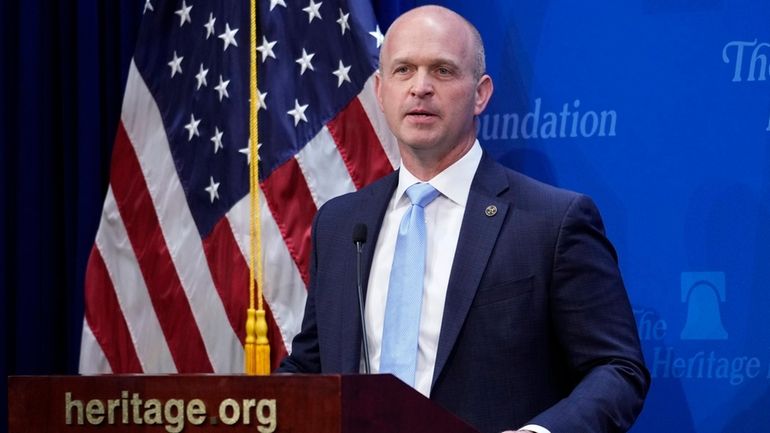
In a recent article titled With Trump’s Win, “Ordinary” Americans Declared Independence from the Elites, Kevin D. Roberts, PhD, explores the resurgence of faith-based participation, religious freedom, and liberty in the United States, as well as the goals of the conservative movement following Donald Trump’s return to the White House. Roberts emphasizes that this victory reflects a powerful statement from Americans who, he argues, seek a “return to sanity, self-governance, and the good life.”
A New Mandate and Movement
Roberts posits that Trump’s reelection is a mandate from Americans who feel their voices had been marginalized. “Americans want their country back,” he writes, drawing a parallel to President Ronald Reagan’s landslide victory in 1984. Just as Reagan was elected to combat communism, Roberts suggests, Trump has been reelected to dismantle the influence of the “deep state” within U.S. institutions.
This strategy, Roberts says, will require a new Trump doctrine focused not on external threats but on internal, institutional reform. He believes that conservatives must take the fight from “abstract ideas to the trenches of brick-and-mortar institutions,” targeting federal agencies, state houses, corporate boardrooms, and local school boards.
Learning from History to Tackle Internal Threats
Drawing on the Reagan era as an example, Roberts argues that conservatives today must move from merely containing issues to actively addressing and dismantling systemic problems. He calls for a strategy that seeks to reclaim institutions, dismantle those that cannot be saved, and build new ones to safeguard traditional American values.
Roberts underscores that winning the White House is “only the first beachhead.” The real challenge, he argues, lies in reshaping the nation’s institutions to reflect the will of the people, which he describes as a battle for the country’s core principles and its future.
The Role of “Project 2025”
One of the initiatives supporting this conservative movement is “Project 2025,” an effort Roberts believes can bolster the agenda of reclaiming America’s institutions. By fostering faith-based engagement and emphasizing a renewed focus on religious liberty, Project 2025 serves as a platform for Americans who seek a shift in the direction of the federal government and a reassertion of foundational liberties.
In closing, Roberts expresses confidence in the movement, asserting that those leading the charge are anything but “ordinary.” In his view, they are committed Americans prepared to face the challenges ahead with a renewed sense of purpose, inspired by both history and a desire to rebuild the institutions they believe are essential to the nation’s identity and future.